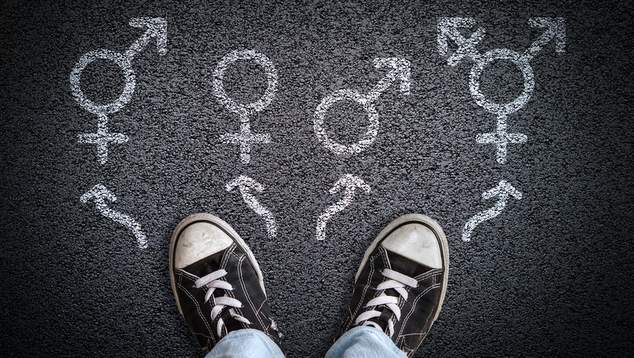
A new study published in the LGBT Health Journal has found that 97.6 of it’s respondents had seen negative depictions of transgender people in the media in the previous 12 months.
The survey asked 545 people who are transgender about the messages they saw about transgender people in the media, and seeing negative messages was almost a universal experience.
Print media and television were the spaces negative stories were most likely to be seen, with 93.9 per cent of people seeing negatively framed stories in print within the previous year, and 93.8 per cent of people reported seeing similar stories on television. When it came to advertising 83.1 per cent of people had observed campaigns with negative depictions of people who are transgender.
Exposure to anti-transgender messaging was found to corelate strongly with mental health conditions including anxiety, depression and psychological distress.
Jaclyn White Hughto, Assistant Professor at Brown University School of Public Health, who was the lead author of the study said there was a correlation between what people were exposed to and their mental health outcomes.
“Nearly all of our study participants reported having seen negative depictions of transgender people in media over the past 12 months.
“But those who reported greater frequency of exposure to these messages were significantly more likely to exhibit clinical symptoms of depression, anxiety, global psychological distress and PTSD.” Hughto said.
Researchers say the findings show the need for campaigns to encourage accurate, non-stigmatising depictions of transgender people in the media. They also argue that the findings show why there is a need for greater investment in mental health care for people who are transgender.
The US based study follows similar reports from the United Kingdom that show that constant negative media coverage of transgender health concerns has an effect on people. In the United Kingdom and Australia over the last year there has been a wave of negative media reports about gender transitioning and the treatment of transgender youth.
OIP Staff
Do you need some support?
If you are struggling with anxiety or depression, support and counselling are available from:
Lifeline: 13 11 14 or lifeline.org.au
Beyondblue: 1300 22 4636 and www.beyondblue.org.au
QLife: 1800 184 527 and www.qlife.org.au
QLife are a counselling and referral service for Lesbian, Gay, Bisexual, Transgender and Intersex (LGBTI) people.

Love OUTinPerth Campaign
Help support the publication of OUTinPerth by contributing to our
GoFundMe campaign.




